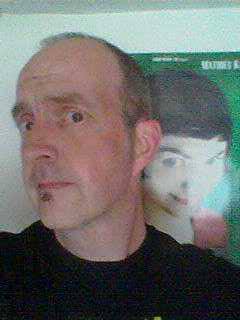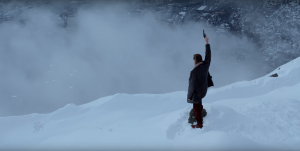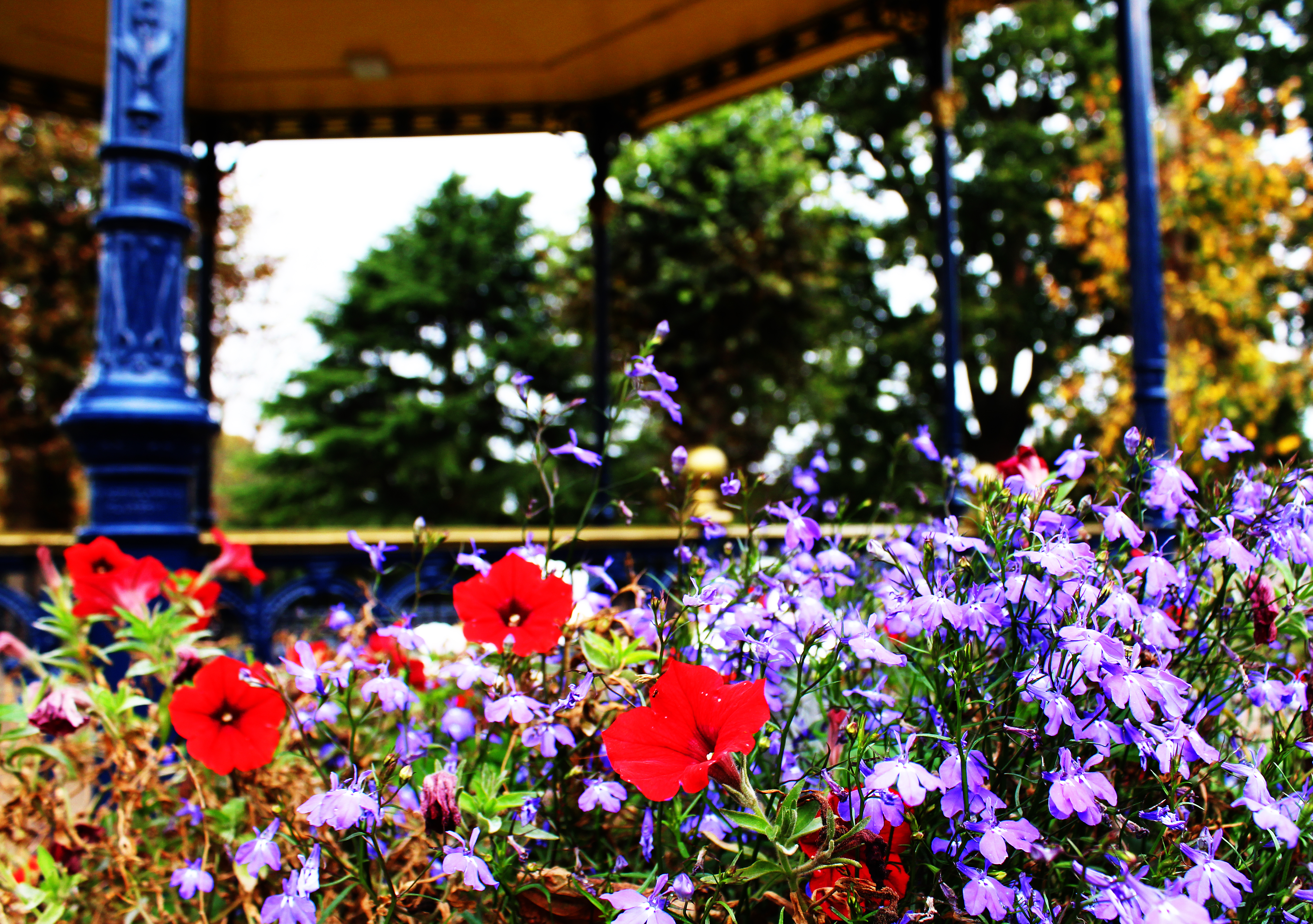(BBFC 12A 2hrs 10mins)
![]()
With Thor: Ragnarok, New Zealand director Taika Waititi (What We Do in the Shadows, Hunt for the Wilderpeople) has ditched the Shakespearean miserabilism of Kenneth Branagh’s crack at the character and the muddled/studio-interference troubles of Alan Taylor’s The Dark World. What he’s done instead is embrace the goofy fun of The Guardians of the Galaxy and the inherent silliness of the whole “Men in capes and lycra” superhero genre to produce a movie that’s garlic and Kryptonite to anyone who doesn’t like fun: a kaleidoscopic romp bursting at the seams with laugh out loud one-liners, great characters and excitingly crazy action scenes.
The plot is pretty standard comic book fare (especially if you were reading Marvel comics in the 1970’s) and won’t stretch any viewer too far, although a little familiarity with previous Marvel movies might be helpful as Thor: Ragnarok picks up a few threads from the earlier entries. Thor (Chris Hemsworth) returns to Asgard (the mythical home of the Norse gods) to discover his half-brother Loki (Tom Hiddlestone) has banished their father, Odin (Sir Anthony Hopkins), and now sits at the throne of the realm.

Unfortunately for the squabbling siblings their long-forgotten sister, Hela (Cate Blanchett), has escaped her millennia-old captivity and returned to herald the destruction of the gods and their kingdom (hence Ragnarok, The Doom of the Gods). Thor and Loki are then banished themselves, the god of thunder finding himself on the battle planet Sakaar where, to earn his freedom, hemust fight in gladiatorial games and comes up against an old rival/ally in the form of Hulk (Mark Ruffalo). With the help of allies old and new Thor must find his way back to Asgard to save the realm from his sister who wants only to destroy it.
Thor’s regular supporting cast all put in appearances including Heimdall (Idris Elba), Lady Sif (Jamie Alexander) and The Warriors Three (Ray Stephenson, Tadanobu Asano and Zachary Levi), bolstered by all new heroes and villains like Valkyrie (Tessa Thompson), Hela’s henchman Skurge (Karl Urban) and a gloriously over-the-top Jeff Goldblum as The Grandmaster. Oh, and as hinted at the end of his own movie, Doctor Strange (Benedict Cumberbatch) makes an appearance as well.

Chris Hemsworth has already shown a deft hand at comedy in the remakes of National Lampoon’s Vacation and Ghostbusters, but here he gets free reign to flex his considerable comedic muscle and grasps that chance with aplomb. When he and Mark Ruffalo (in both his Bruce Banner and Hulk modes) share the screen it’s like Withnail & I in space, permanently trapped on an inter-galactic holiday by mistake. Tom Hiddlestone’s Loki gets probably the best character arc of the movie and even at his most scheming he’s still a likeable presence. Cate Blanchett is clearly relishing her chance to go all-out panto villainess and Jeff Goldblum’s Grandmaster is Goldblum at his most Goldblum-iest, which is always a joy to behold. Tessa Thompson might be the breakout character though as Valkyrie, a bounty hunter who turns hero, she’s definitely the “Han Solo” of Thor: Ragnarok and Thompson is great in the role.

The baggy plot is not the reason to see Thor: Ragnarok though. It’s just the hook upon which all the fun and goofiness ultimately hangs. No, the real reason to spend your well-earned sheckles is the fun and goofiness. The movie sets out its stall right from the opening scene, in which Hemsworth spins in and out of frame as he engages in a barbed battle of “bants” with a horrifying antagonist whilst, at the same time, delivering a gloriously stylized (and hilarious) voice-over. It’s almost exhaustingly self-aware but never tips over into parody, it’s clear that everyone’s having a great time making this movie and the audience has an open invite to either jump on board or find the nearest exit.
The look of the film is obviously inspired by a thousand Heavy Metal magazine covers (as well as a thousand “heavy metal” album covers), it’s insanely vibrant and harks back to a time when legendary comic book artist Jack “King” Kirby was doing his greatest work on titles like Thor, The New Gods and The Fantastic Four.
There’s bad-ass women, hilarious gags, monsters, Led Zeppelin’s The Immigrant Song and a bonkers 1980’s style synth-pop score by Devo’s Mark Mothersbaugh; lively and exciting characters that you want to spend the whole movie with; top-notch CGI and practical effects; Jeff Goldblum…
That’s not to say Thor: Ragnarok is not without its problems, some of the world building and lore is flubbed (probably because it wasn’t as much fun to film as making the rest of the film) and a little too much time is spent developing Karl Urban’s Skurge, whose role in the movie is obvious from his first appearance. Because the rest of the movie is so enjoyable you do start to resent the moments when it has to go “serious”, but that’s a minor quibble and there’s really only about ten minutes that it could do without.
Fans who prefer the superhero canon to be a bit more straight-laced and serious faced might well baulk at the irreverence and meta-commentary of Thor: Ragnarok. Waititi obviously doesn’t believe in sacred cows or, if he does he really enjoys hitting them in the bum, and, credit where it’s due, Marvel has been brave enough to hand him a banjo big enough to do it. It was a big risk to let the director indulge in all his favourite idiosyncrasies, but it’s a gamble that Marvel/Disney should now be able to collect on: Thor: Ragnarok manages to make “more of the same” not only feel fresh and shiny-new but provides one of the most enjoyable visits to the cinema this year.




























